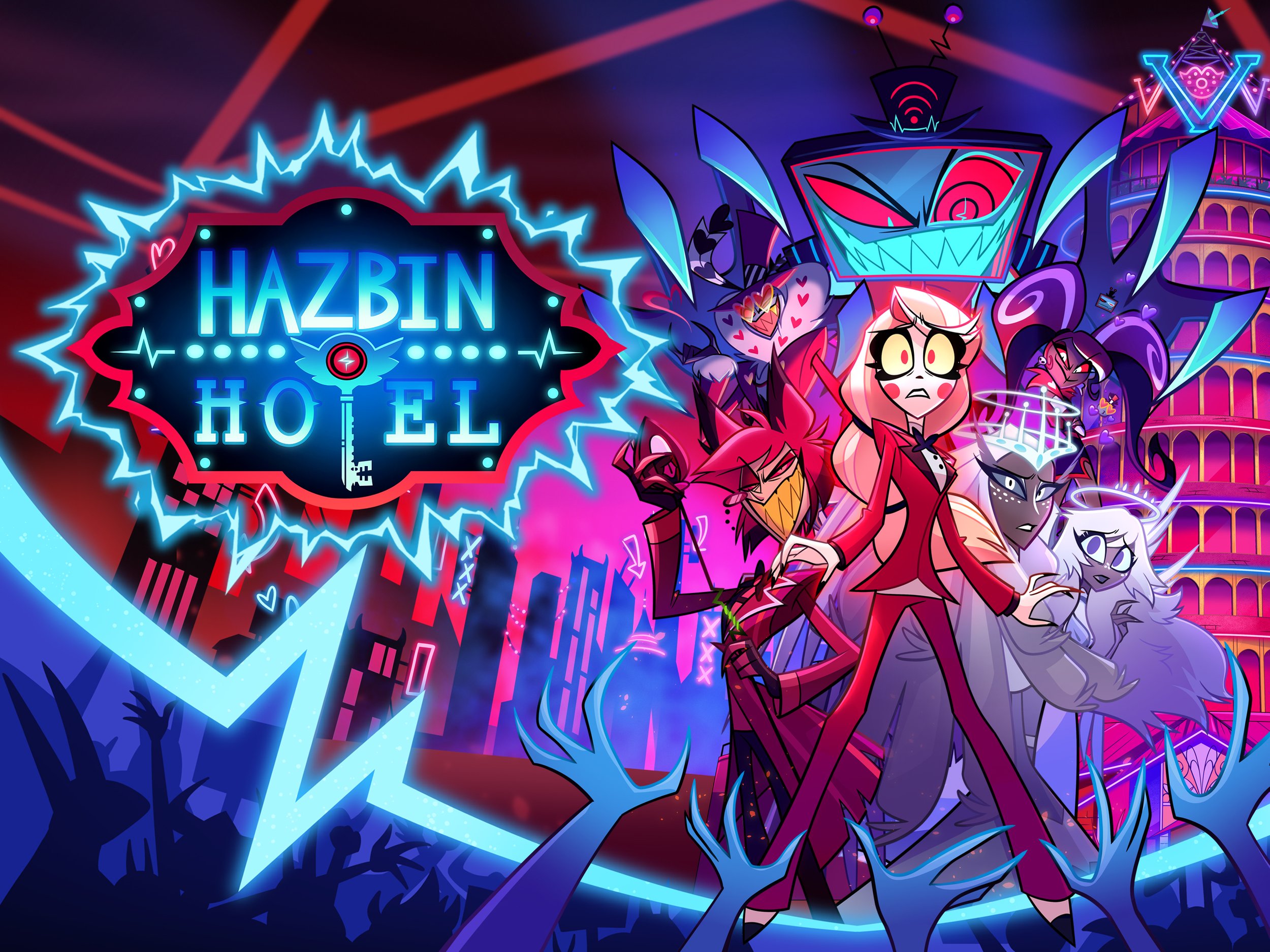Spinning Shadows into Gold: Individuation, Autonomy, and Patriarchal Alchemy in Rumpelstiltskin
Beneath the glitter of straw miraculously turned to gold, Rumpelstiltskin smoulders with psychic darkness and social violence. First printed by the Brothers Grimm in 1812, the tale has long been read as a cautionary fable about greed or the virtue of cleverness. Yet most commentaries skate over its disquieting core: a young woman repeatedly exchanged, coerced, and finally forced to haggle over her own child. This essay contends that a combined Jungian and feminist‑progressive reading reveals far more. From a depth‑psychological angle, the narrative enacts a brutal, accelerated individuation in which the heroine must integrate a grotesque shadow‑animus to survive. From a feminist perspective, it exposes the systemic commodification of female labour and reproduction under patriarchy. Although the heroine ultimately outwits her supernatural antagonist, her victory is partial: an inner synthesis achieved (within rather than beyond) oppressive structures. The discussion proceeds in three movements: first a Jungian excavation of the tale’s psychic drama, then a feminist analysis of its power economy, and finally a synthesis that shows how personal and political liberation intertwine yet remain painfully incomplete.
This article is dedicated to my mother;
who spun gold from the roughest straw,
and taught me to name what others would not.
The Alchemical Trial: The Psyche’s Descent and Shadow Dance
The Ego’s Crisis and Forced Initiation
The story opens with catastrophic boasting. The miller, craving royal favour, claims his daughter can spin straw into gold. In Jungian terms he projects an inflated, unrealized Self onto her, triggering what C. G. Jung calls enantiodromia; the swing of excess into its opposite. Instantly the daughter’s ordinary ego is catapulted from cottage safety into the king’s locked chamber, confronted with an impossible command: “Turn this to gold by morning, or die.” Individuation normally unfolds gradually as the ego meets and assimilates unconscious contents, but here the process is violently compressed. The room’s narrow walls materialize the heroine’s psychic constriction: she has no tools, no guidance, and no time. Fear, shame, and the prospect of annihilation force the ego to summon help from the deepest strata of the psyche.
Rumpelstiltskin as Shadow and Distorted Animus
The helper who materializes is anything but heroic. Rumpelstiltskin is small, twisted, mercurial, and nameless, perfect attributes of the shadow, the cluster of disowned traits the ego refuses to recognize. Yet he is also male, cunning, and possessed of transformative power, which marks him as a fragmented animus, the heroine’s unconscious masculine principle. Because her animus has been shaped by patriarchal expectations, it appears in caricature: transactional, predatory, obsessed with contracts and equivalence. Each bargain he proposes externalizes an internal dynamic. First he takes a necklace, then a ring; tokens of social and emotional value. Finally, when the king’s greed demands yet more gold, Rumpelstiltskin claims her first‑born child, the very symbol of future wholeness. In Jung’s schema, a shadow ignored grows monstrous; here it threatens literal lineage.
Alchemical Coercion: Straw into Gold
Alchemical images saturate Jung’s analytical writings, and Rumpelstiltskin supplies them in brutal parody. Straw, common and worthless stands for the raw stuff of the personality. Gold, incorruptible and luminous signifies the integrated Self. In classical alchemy the transformation proceeds through nigredo (dark breakdown), albedo (purification), and rubedo (illumination). The daughter’s ordeal mirrors this sequence but under duress: the confinement is her nigredo, the nightly bargains her painful albedo, and the piles of gold her ostensible rubedo. Yet because the process is commandeered by the king’s greed, it generates not individuation but exploitation. The wealth belongs to the monarch, not to the woman whose terror produced it. Her psychic gold is confiscated; her agency, deferred.
Naming as Coniunctio
The final test discovering the helper’s secret name, enacts the alchemical coniunctio, the union of opposites. By naming Rumpelstiltskin, the heroine draws the shadow‑animus into consciousness, robbing it of magical autonomy. The triumph is genuine: she can now claim the power once projected onto the grotesque Other. Yet the ritual is performed under the gaze of the king and in order to keep the royal household intact. Individuation arrives, but its conditions are tainted.
Chains of Gold: The Economy of Female Survival
Patriarchal Brokerage and Commodification
From the first sentence the tale is a ledger of exchanges among men. The miller extends his daughter as collateral for social mobility, effectively auctioning her latent productivity. This is an early instance of what Deniz Kandiyoti later terms the patriarchal bargain: women’s bodies and capacities are traded to cement alliances between male power‑holders. The daughter’s feelings are irrelevant to the deal, and her consent unasked. Psychologically, such commodification seeds dissociation; one becomes an object to be priced rather than a subject who chooses.
The King’s Performance Regime
The king, for his part, incarnates institutional coercion. His ultimatum perform the impossible or die mirrors contemporary structures that demand superhuman labour from women while offering conditional protection. He is a monarch, but also a manager, measuring worth solely in output. The promised reward, marriage, does not liberate; it rebrands subjugation as honour. Trauma theory reminds us that compliance under threat is a survival strategy, not empowerment. The heroine’s apparent rise in status therefore masks an enduring asymmetry of power.
Reproductive Capture: A Child for a Contract
Rumpelstiltskin’s final demand introduces the axis of reproductive autonomy. Gold no longer satisfies; he wants the heroine’s future, her embodied legacy. Across cultures, control of women’s fertility secures dynastic, economic, or ideological interests. Contemporary debates from access to contraception to the 2022 Dobbs v. Jackson decision in the United States prove the issue’s persistence. Psychologically, the threatened loss of the child externalizes the ultimate cost of patriarchal bargains: surrendering the very potential to author one’s lineage. When the heroine fights to keep her baby, she refuses the reduction of maternity to property.
Liberation with a Price Tag: Consciousness Inside the Castle
The climactic act of naming fuses the psychic and political registers. On the inner plane it fulfils Jung’s dictum: “Until you make the unconscious conscious, it will direct your life and you will call it fate.” She calls the shadow by its true name, collapses its power, and reclaims the magical capacity it monopolized. On the social plane, speech itself becomes revolt. Language, historically restricted by gendered silencing reverses the contract: the woman declares law, and the male figure of secrecy and predation perishes.
And yet the victory is circumscribed. The child is saved, but the heroine remains inside the palace that once threatened to kill her. The king’s greed remains unpunished, the father’s betrayal unaddressed. The tale therefore stages what many modern contexts replicate: personal transformation inside unchanged systems. Corporate “empowerment” seminars may exhort women to find their voice while leaving pay inequity intact; reproductive rights campaigns celebrate individual resilience while legislatures curtail bodily autonomy. Rumpelstiltskin warns that without structural change, individuation risks absorption into the very order that necessitated it.
Simply Put
Viewed through a Jungian lens, Rumpelstiltskin charts a harrowing but successful descent into the unconscious, culminating in the integration of a disowned shadow‑animus. Viewed through a feminist‑progressive lens, the same tale lays bare the patriarchal machinery that commodifies women’s labour and reproduction. Together, the lenses show that the heroine’s hard‑won psychic wholeness coexists with ongoing social captivity. The loom has stopped, the gold glitters, the child is safe, but the palace walls still stand. The story endures because it captures the ache of partial victories: how creative brilliance and fierce self‑knowledge can blossom in conditions that remain profoundly unjust. Modern retellings that let the heroine walk out of the palace (or melt it down) continue the work the Grimms left unfinished: spinning inner gold into outward freedom, until no bargain can set a price on human wholeness.










